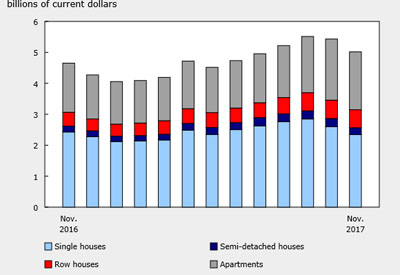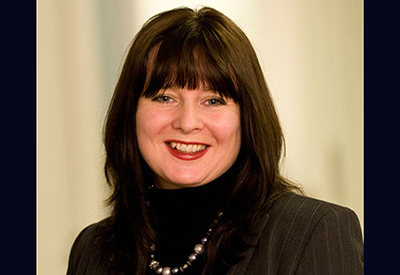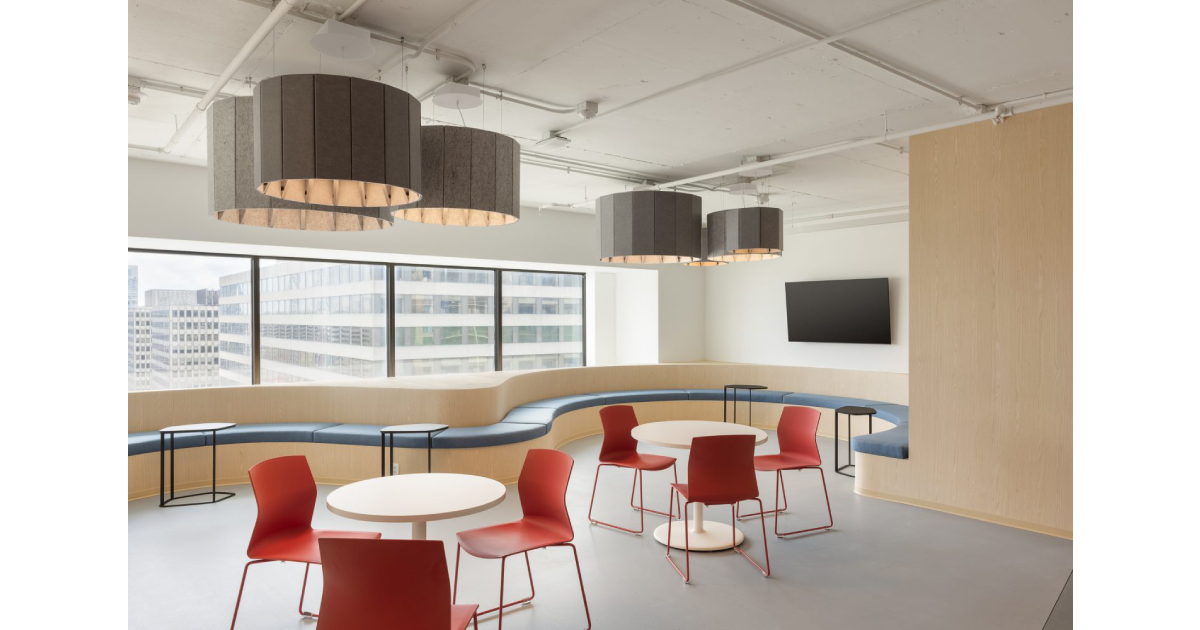How Hydro Ottawa Attracts the Best Candidates for the “Safest Most-Dangerous Job in Town”

February 16, 2017
Kaarina Stiff
As the President and CEO of Hydro Ottawa, Bryce Conrad leads a team of more than 700 employees, but he doesn’t like to dwell on being in charge. His understated approach to leadership puts him on a first-name basis with his staff on the work site, in the office hallway, and in the cafeteria line-up.
What matters, Conrad says, is that Hydro Ottawa’s staff have built a supportive culture of camaraderie and respect that has earned the company a spot on the list of the region’s top employers for the past eight years.
“When I go out in the field and walk past a crew, I’ll get a ‘Hey Bryce,’ but otherwise, no one gives me a second glance,” Conrad says. “But when their team lead walks by, the crew will bend over sideways for them. It’s true teamwork out there, and I wouldn’t want it any other way.”
Employee satisfaction has meant good news for recruitment. Employees under 30 now represent almost 17 percent of Hydro Ottawa’s workforce, and the company receives more than 1,000 applications for 60 summer student positions. Apprentices now represent one quarter of the company’s skilled trades workers.
But the news isn’t all positive. More than 40% of Hydro Ottawa’s workforce is eligible to retire in the next 10 years, which amounts to 7,300 years of experience leaving the company. Despite how much people enjoy their work, skilled trades work is physically demanding, which means that people tend to retire as soon as they can. On average, Hydro Ottawa employees are retiring at age 59, with 60% retiring within two years of eligibility. Conrad says the spectre of losing that amount of corporate experience is unnerving.
“We’re facing a tidal wave of retirements,” he says. “Even if we can replace those employees person for person, nothing replaces what’s in the grey matter of those people when they walk out the door.”
A partnership with Algonquin College that launched in 2011 is supplying a steady stream of skilled candidates with a two-year powerline technician diploma, which is a huge step forward. Combined with sophisticated HR modelling — something that Hydro Ottawa’s long-term capital assets are well suited for — the company has a solid idea of how many employees they need, and when. But for a company that needs to emphasize a culture of safety — Conrad calls it “the safest most-dangerous job in town ”— the knowledge transfer is critical.
To guard against an experience deficit, the company has introduced a program called Prime Time, an award-winning engagement strategy for retirees and older workers that supports knowledge transfer to newer recruits, and strengthens the sense of community across all levels in the company. Of the employees who have retired since 2012, 20% have been engaged under the Prime Time banner to fill temporary or part-time roles.
“It’s about knowledge transfer, absolutely,” says Conrad, “but it’s also about showing these people, many of whom spent more than 30 years working for us, that we value them. It keeps them a part of our community, which benefits everyone in ways we can’t even measure.”
Many of the Prime Time participants teach the skilled trades classes at Algonquin, and still play a role in the Hydro Ottawa community. For Conrad, that’s where the rubber really hits the road.
“Organizations are in the habit of saying that people are our most valuable asset,” he says. “But when things start to get rough, people are almost always the first asset to get cut. That’s the paradigm shift that needs to happen. If people really are our most valuable assets—and I absolutely believe that to be true—then we have to start treating them that way.”
That involves investing in employees as individuals, and creating an environment that attracts and retains employees. Hydro Ottawa seems to make it work — 94% of their top selections from job interviews accept the company’s job offer, and its attrition rate hovers between 4% and 6%, including retirements. Conrad cites the company’s community engagement as a key reason for its success.
“Our next generation of employees sees ‘giving’ differently. People don’t just have jobs anymore. They want to have an impact, and they want to see where they fit in the big picture,” he says.
For Hydro Ottawa, that means building on a 100-plus years tradition of providing an indispensable service, having a strong local presence, and offering a competitive compensation package that includes paid time off to volunteer. To build a 21st-century workforce, delivering on that value proposition is essential. That’s where Conrad wants to focus his energy.
“As long as we get that right, our employees are the very best ambassadors for our company,” he says. “And I couldn’t be happier with the group of people we have working for us today.”
Investing in people: four steps for treating them like your most valuable asset
Paying employees well is only one piece of the retention puzzle.
- Allocate money for training.
- Show them that their work matters.
- Give them time to make a difference in their community.
- Create a culture of physical and psychological safety.
Kaarina Stiff is an Ottawa-based writer and editor, and former public service executive. She specializes in making big ideas accessible to a broad audience. This article was first published in Capital magazine, a platform for Ottawa Chamber of Commerce members and the Ottawa business community to stay informed http://capitalmag.ca/2016/11/28/feature-putting-people-first/.

















